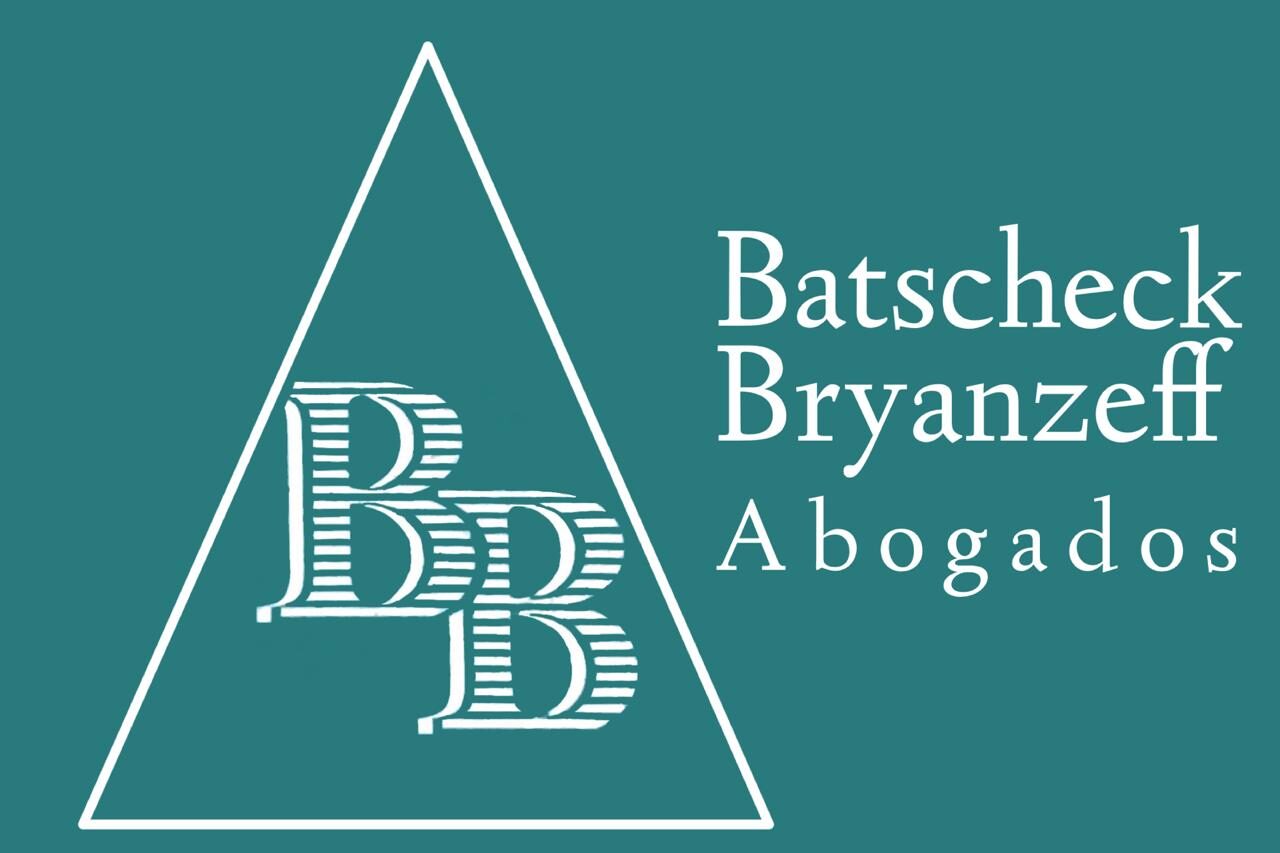Betting in Karavan casino giriş is a all-encompassing activity that transcends nations and age cohorts, capturing humans from all backgrounds. Comprehending the behavioral science behind why individuals engage in betting and how it influences their responses is necessary for both humans and societal systems. This probe scrutinizes into the incentives, mental processes , and behavioral results associated with gaming.
Motivations for Gambling Karavan bet
Individuals are attracted to gaming for multiple motives, stretching from the excitement of venture-taking to the allure of projected monetary rewards. Some of the foremost stimuli cover:
- Excitement and Entertainment: The uncertain quality of wagering supplies a wave of hormones and euphoria, causing it an fun diversion for many.
- Monetary Gain: The chance of winning big cash sums is a major push, inspiring persons to join in chance-based games.
- Socializing: Gaming often takes in social spaces, such as casino establishments or casino events, promoting a group cohesion and rapport among participants.
- Escaping Reality: For some, gambling provides a brief distraction from everyday stresses and personal problems, delivering a breather from actual life difficulties.
- Challenge and Skill: Some types of gambling, like sic bo, call for strategic decisions and skill, magnetizing to those who favor cognitive stimulation.
Mindset Patterns in Games of Luck
The operation of wagering utilizes various mental mechanisms that can modify manners and decision-making methods:
Reward System Activation Process: Wagering stimulates the brain’s dopamine networks, triggering a key neurotransmitter, a neurochemical agent connected with joy and boosting. This chemical response bolsters the thirst to advance gaming Karavan bet giriş.
Cognitive Patterns: Betting individuals often manifest cognitive distortions, such as the illusion of mastery, where they believe they can alter random events, and the gambler’s fallacy, the faulty belief that past events alter future chances.
Risk Understanding: Humans differ in their assessment of peril and perquisite, determining their inclination to partake in in betting. A few may undervalue the risks against them, bringing about greater wagering behavior.
Conduct-related Effects of Gaming Ventures
While gambling can be a spring of entertainment and social networking, it also has prominent conduct effects consequences , both salutary and counterproductive:
Good Consequences Karavan casino giriş gaming: For some, gaming renders a spirited and tempting avocation that refines interpersonal bonds and affords a sense of success when successes occur. It can also facilitate brain processes like strategic frameworks and decision-making frameworks.
Malignant Influences : Overbearing gaming can instigate a collection of of pernicious adverse outcomes, including financial distress, strained interactions, and mental health concerns such as edginess, and dejection.
Wagering problem, or gaming disorder, is depicted by an irresistible wish to wager in despite unfavorable effects, often mandating the need for expert help.
Behavioral Habits : Perpetual betting individuals may cultivate specific styles of behavioral practices , such as offsetting losses by continuing to gamble in an exertion to recoup past deficits . This can spark a negative loop of increasing debt and mental suffering.
The mental framework of betting is a complex interplay of grounds, cognitive processes, and behavioral outcomes . While gaming can impart energetic feelings, socializing, and the vitality of likely rewards, it also creates risks of gambling dependency and toxic life impacts . Grasping these psychological contributors is critical for building effective prevention and treatment structures for gambling disorders . By facilitating cognitive realization and backing responsible wagering policies, persons can indulge in the entertainment value of wagering while minimizing its potential detrimental consequences.
